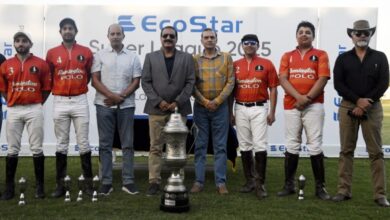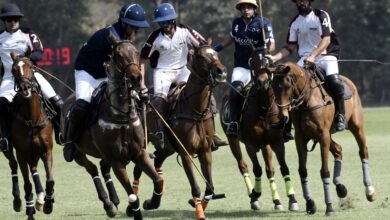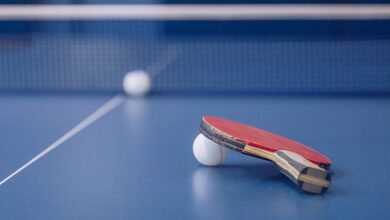Dismal Reality of Horse Riding in Pakistan: A Sport for the Elite, Paid for by the Common People
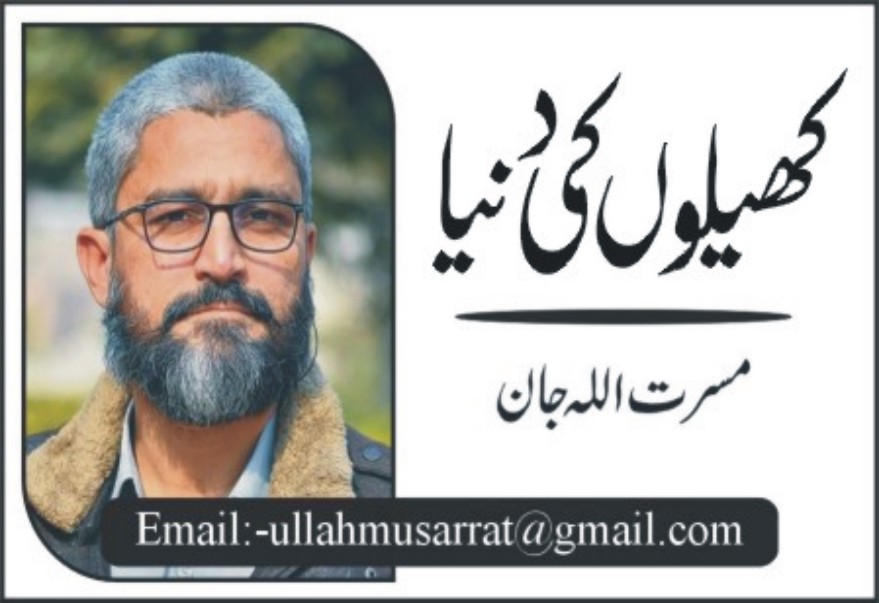
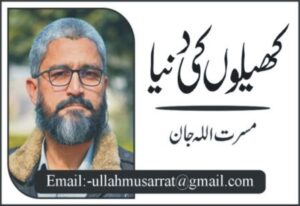
The Dismal Reality of Horse Riding in Pakistan:
A Sport for the Elite, Paid for by the Common People
Musarrat Ullah Jan
A hundred years ago, the landscape of transportation and leisure in Pakistan was vastly different. Horses were a common sight, a necessity for mobility and livelihood,
while only the affluent could afford the luxury of owning a car. Fast forward to today, the scenario has reversed dramatically: cars have become ubiquitous, while horses—once a symbol of a common man’s life—are now reserved for the wealthy.
In today’s market, a decent horse costs around 1 million rupees, a price that is out of reach for most Pakistanis. Beyond the initial purchase, the costs of maintaining a horse, including feeding and care, are substantial, making horse ownership a privilege of the rich.
This stark reality highlights the growing socio-economic divide in Pakistan, where even recreational activities like horse riding are becoming exclusive to the elite.
Amidst this backdrop, the recent allocation of over 180 million rupees by the sports directorate for the development of horse riding clubs in Khyber Pakhtunkhwa (KP) raises several critical questions.
In a province where cricket and squash dominate the sports scene and where most players struggle to afford basic necessities like shoes and equipment, this decision seems not only misguided but also deeply unjust.
Cricket and squash have long been the pride of KP, producing players who have brought glory to the region. Yet, many of these players lack the financial support needed to sustain their careers.
They often struggle to afford proper shoes, gear, and training facilities. The contrast between the struggles of these athletes and the lavish spending on horse riding clubs, a sport that remains out of reach for the majority, is stark and troubling.
Horse riding, unlike cricket or squash, is not a sport that can be easily accessed or practiced by the average citizen. It requires significant financial investment, not only in purchasing a horse but also in maintaining it.
The costs of feeding, stabling, and healthcare for horses are exorbitant, further restricting this sport to the upper echelons of society.
In Peshawar and Dera Ismail Khan, where the horse riding clubs are being established, there is little to no existing infrastructure or culture for this sport.
The lack of accessibility to these clubs for the common people means that these facilities will likely serve only a select few—predominantly those with political connections and deep pockets. This reality begs the question: who are these clubs really for? And at what cost to the taxpayer?
The establishment of these horse riding clubs in Peshawar and Dera Ismail Khan represents a significant burden on the taxpayers of KP. In a time when the majority of people are struggling to meet their basic needs,
diverting public funds to support a sport that caters to the elite seems not only wasteful but also deeply unjust. This is especially true when the existing sports infrastructure for more popular and accessible sports like cricket and squash remains underfunded and neglected.
The decision to invest in horse riding clubs, despite the lack of demand or accessibility for the general population, seems to be more about serving the interests of a privileged few than promoting sports for all. It raises serious concerns about the priorities of those in power and their commitment to the welfare of the common people.
As the sports directorate continues to allocate funds, it is crucial to reassess the priorities and needs of the region’s athletes and the general population. Investing in sports that are accessible to all, such as cricket and squash, should take precedence over elitist pursuits like horse riding. Public funds should be used to benefit the many, not the few.
The allocation of resources in KP reflects a broader issue in Pakistan, where the interests of the elite often overshadow the needs of the majority.
It is time for a serious reconsideration of how public funds are spent and who truly benefits from these expenditures. The people of KP deserve better—a sports infrastructure that supports their aspirations and promotes inclusivity, not one that serves the whims of a privileged minority.

